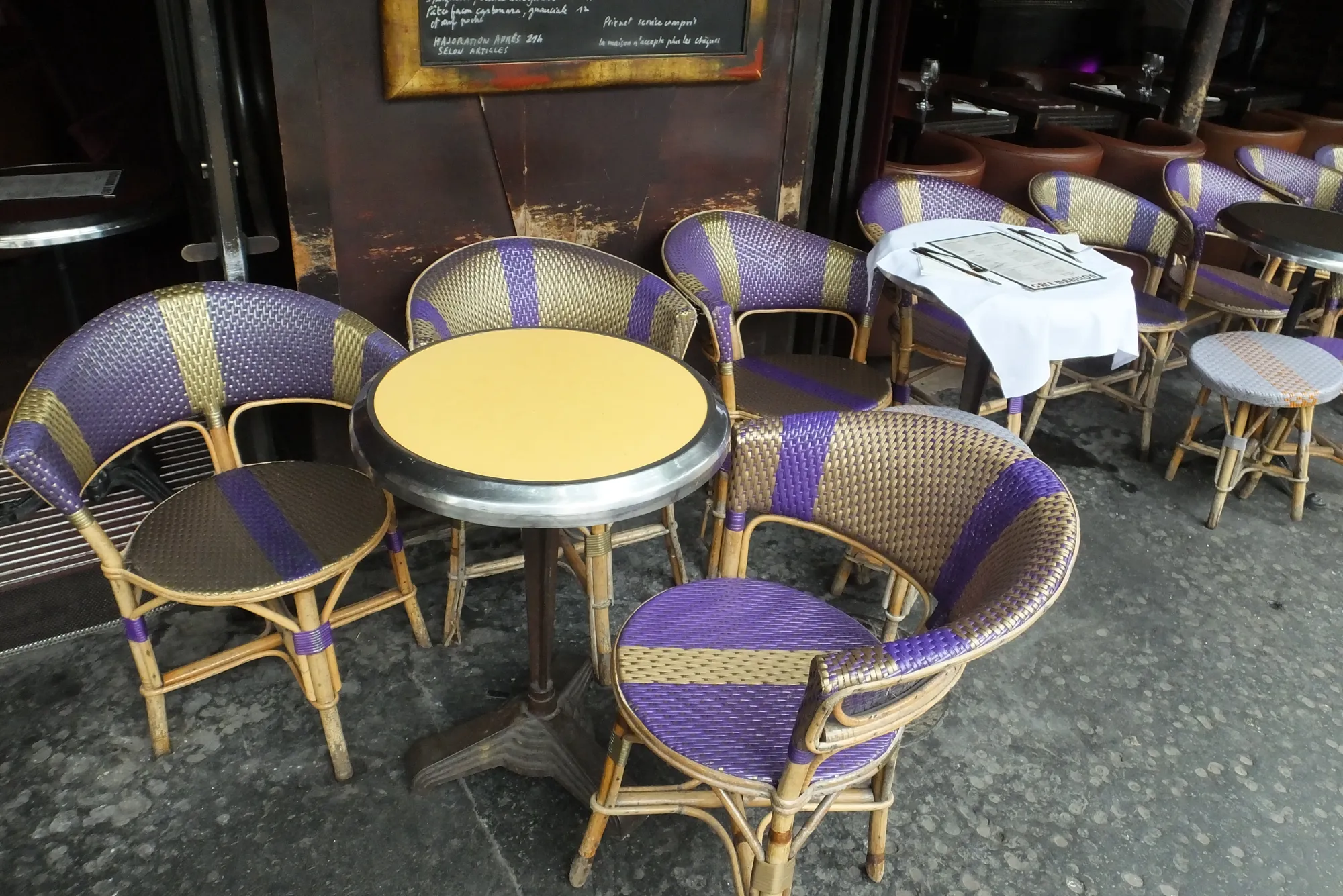Irish Travellers are a distinct ethnic group with a rich cultural heritage, but their close-knit communities have led to discussions about inbreeding. This article explores the concept of inbreeding among Irish Travellers, examining its causes, implications, and the social factors contributing to this phenomenon.
Who Are the Irish Travellers?
Irish Travellers are a traditionally itinerant ethnic group with a history dating back centuries in Ireland. They have their own language, customs, and cultural practices, which set them apart from the settled Irish population. Travellers often live in small, tight-knit communities, which has shaped their unique identity.
Understanding Inbreeding

Inbreeding occurs when closely related individuals within a population reproduce, leading to a higher likelihood of genetic disorders. It can happen in any population, but the effects are more pronounced in smaller, isolated groups where there is less genetic diversity.
The Causes of Inbreeding Among Irish Travellers
Small Community Size: Irish Traveller communities tend to be small and insular, often marrying within their own group. This limits the gene pool, increasing the chances of genetic disorders.
Cultural Practices: Some cultural practices among Irish Travellers encourage marriages within the community. While this strengthens communal bonds, it can also contribute to inbreeding.
Social Isolation: Historically, Irish Travellers have faced social exclusion and discrimination, which has led them to remain isolated from the broader population. This isolation can lead to limited marriage choices, further increasing the risk of inbreeding.
Implications of Inbreeding
Inbreeding in any population can result in an increased incidence of genetic disorders. Among Irish Travellers, this has led to concerns about higher rates of certain hereditary conditions. Some studies have found an elevated risk of genetic disorders like galactosemia and mucolipidosis among the Traveller population, both of which are inherited in an autosomal recessive manner.
Efforts to Address Inbreeding Concerns

Genetic Counseling: In recent years, genetic counseling has been promoted within Traveller communities to help individuals understand the risks of inbreeding and make informed decisions about marriage and reproduction.
Education and Awareness: Educational programs aimed at raising awareness about the genetic risks associated with inbreeding are being implemented in some Traveller communities. These programs encourage broader marriage choices to reduce the risk of genetic disorders.
Community Health Initiatives: Various health initiatives are focused on providing better access to healthcare and genetic testing for Irish Travellers. These efforts aim to identify and manage genetic disorders early, improving overall health outcomes.
Inbreeding among Irish Travellers is a complex issue rooted in historical, cultural, and social factors. While there are genuine concerns about the genetic health of this population, efforts are being made to address these challenges through education, genetic counseling, and healthcare initiatives. By understanding and addressing the causes of inbreeding, Irish Travellers can continue to preserve their unique cultural identity while also promoting better health outcomes for future generations.








